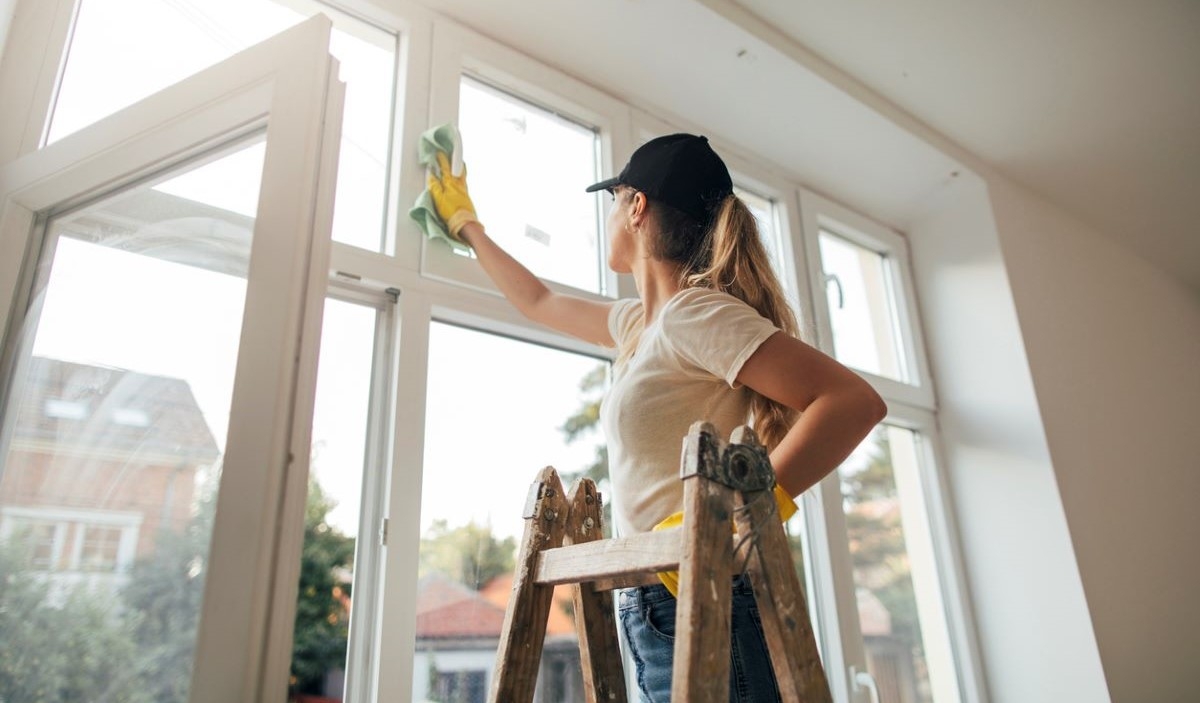
The Therapeutic Power of a Tidy Space: Exploring the Psychological Impact of a Clean and Organized Environment
Modern mindfulness researchers have found that cleaning one’s own apartment is one of the effective ways to combat stress and anxiety. Scientists have identified direct connections between a person’s emotional state and the cleanliness of their dwelling. Emotionally mature and balanced individuals spend at least an hour and a half cleaning every day.
People vulnerable to stress dedicate less than 30 minutes a day, or even an hour per week, to the cleaning process. Many of them believe that cleaning the apartment worsens their mood, adds stress, and generally has a negative impact on health. Let’s delve into all of this.
What scientists say
Researchers from Connecticut have discovered several interesting patterns related to cleaning:
- Cleaning alone promotes a sense of peace and comfort. Emotionally aggressive individuals with unstable psyches spend less than 30 minutes a day on cleaning. Their stress resistance is minimal.
- Conversely, cleaning for more than 60 minutes every day makes a person more responsible, collected, emotionally healthy, purposeful, and attentive to details.
They also noted
- Each person has several favorite household activities that not only lift their spirits but also improve their well-being. These activities are done willingly and without coercion.
- Each of us also has several household duties that are performed without love but also without coercion. They do not spoil the mood and do not interfere with the feeling of internal comfort, although they do not bring joy.
- There are tasks that we would not want to do for various reasons: they are boring, uninteresting, time-consuming, etc.
- According to statistics, only 25% of all household chores we genuinely do not want to perform, and we resist them at every opportunity. Therefore, having house and apartment cleaning services, such as WellClean, should significantly improve this statistic and elevate the overall sense of fulfillment.
The Mindfulness University has also found that the most effective way to combat work-related stress is cleaning one’s home. Cleaning is a remedy, and it’s free! Why is that? Several interesting factors come into play that distract from problems:
- Change of environment;
- Change of activity;
- Improved mood from a successful end result;
- Improved well-being after thorough cleaning.
Psychologist’s recommendations
Renowned psychologist Alicia Clark believes that a person in stress or with a sense of anxiety can more beneficially and effectively use negative energy by translating it from a negative value to a positive one. Yes, regular cleaning can help with this! Instead of holding onto resentment, continuing endless imaginary dialogues in one’s mind, and digesting one’s problem over and over (to infinity), a person will start solving simple tasks, turning away from their problems, and getting back to normal. Negative emotions transform into a useful activity instead of being poured out on household members and quarrels.
Alicia also noted that the more stress a person has experienced, the more challenging their household chores should be. The person will think not about the conflict situation that arose but about how best to achieve the desired result, what actions to take, what means to employ…
The psychologist also points out that one can judge a person’s success, problematic nature, and self-confidence by their living space:
- Neat living quarters are characteristic of emotionally mature and responsible individuals, not prone or hardly prone to stress and anxiety.
- Untidy living quarters indicate imbalance, lack of self-confidence in the host, a tendency towards stress, and a state of anxiety.
Sherri Burr Carter, also a psychologist, has found a direct connection between the amount of cortisol (stress hormone) produced by our bodies and the quantity of pathogenic bacteria inhabiting our living spaces. The psychology doctor notes that a cycle is formed that is challenging to break:
- Intuitively, a person feels stress when in an untidy environment.
- A person, under stress, stops cleaning, and the stress increases.
Buddhists point of view
Supporters of the Buddhist faith point out that the process of cleaning, on an emotional level, is very similar to the meditation procedure. A person is present here and now, yet their thoughts seem to be in another place. Such detachment allows getting rid of unnecessary anxieties, moving as far away from stress as possible, and even forgetting about it.
Concrete tasks stand before the person, requiring immediate resolution. Resolution in the best possible way. During cleaning, a person begins to contemplate what and how they will do, chooses an acceptable method at their discretion, conducts a thorough analysis of the space, calms down, and forgets about everything left beyond the threshold of their dwelling. This establishes internal balance.
Verdict:
In conclusion, it’s worth summarizing:
- Cleaning is beneficial for everyone.
- Changing activities positively influences a person’s emotional and physical well-being.
- Cleaning is a form of relaxation. Tired of monotonous computer work? Clean up, and you will feel better.
- A tidy home not only becomes a source of pride for its owners but also provides a sense of security and self-confidence.
Image Credit: Istock









